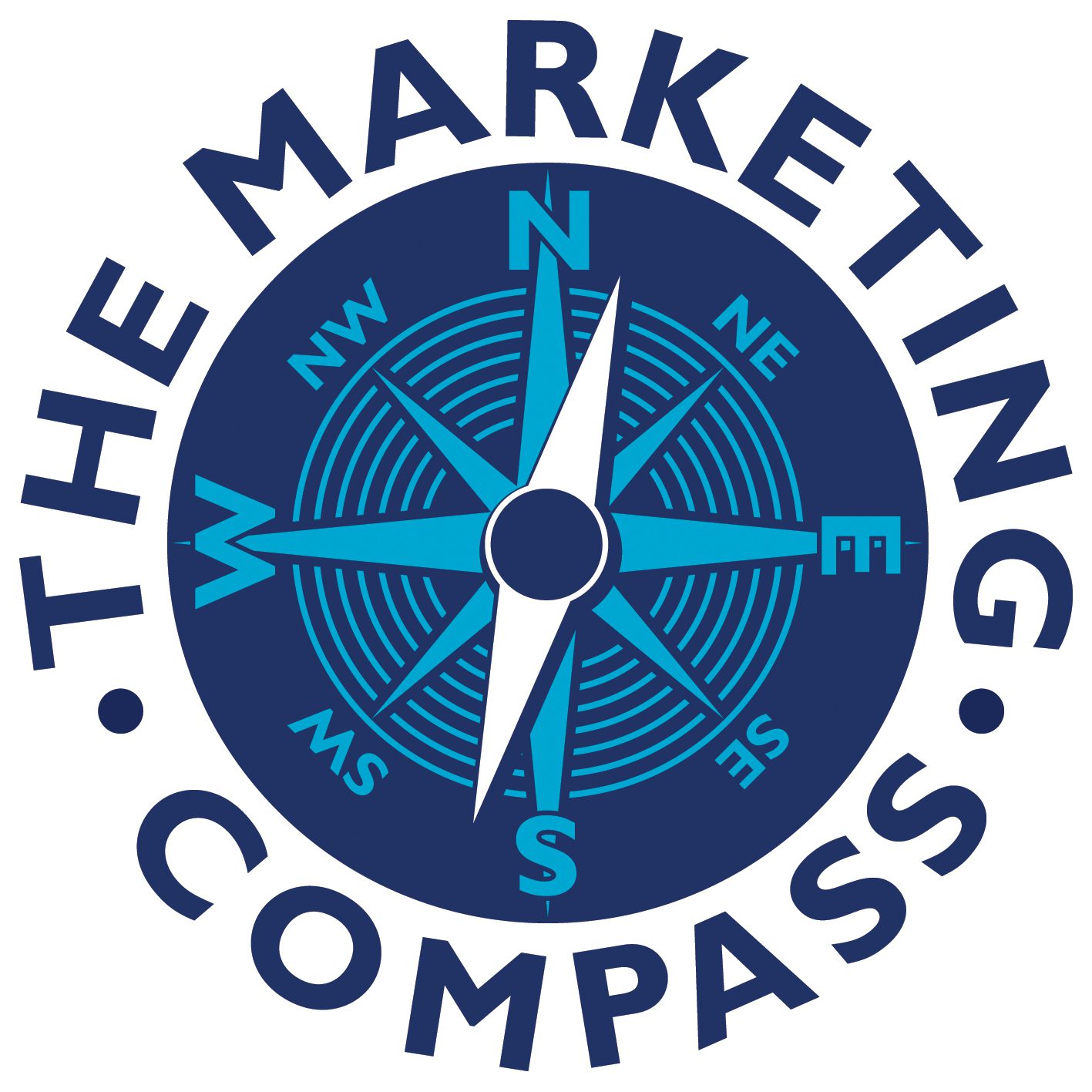One way of thinking about Groups in Mailchimp is that they are associated with sign-up forms. Each Mailchimp list has its own sign-up form.
Having created a new list, you can immediately edit the sign up form.
Think carefully about the information that you are going to ask for, with your form. Sometimes, I have found that enterprises ask for too many details.
Within your form, you will of course require an email address from each new subscriber. This is the only field that you must request. On balance, you will get more subscribers if you ask for less information from them, when they subscribe.
When you create Groups, the Group information will appear automatically within the associated sign up form. For example, if you have a Group category called ‘Location’ and you add two place names (say ‘London’ and ‘Berkshire’) they would appear like this at the bottom of your sign up form:
Location
[ ] London
[ ] Berkshire
However, Group fields don’t all have to appear within the sign-up form. You can hide them if you wish. Why would you do this? Well, you may wish to use Group fields in order to categorise each subscriber as a ‘prospect’, ‘customer’ or ‘advocate’ – in which case this is internal ‘for your eyes only’ information, isn’t it? You would not want this information appearing on a public sign up form.
Once subscribers tell you more about themselves, it is easier to send them relevant information via Mailchimp campaigns (emails).
Whenever I discuss Mailchimp Groups and Segments with a client or with training delegates, I have found that we have to think quite deeply about their business and what they are trying to achieve with their data and email marketing communications.
You may also like:
Mailchimp marketing automation
How to get more Mailchimp subscribers and promote your newsletter
Nigel Temple offers Mailchimp training courses including inhouse training.
Written by marketing consultant, trainer, speaker and author Nigel Temple.
3,000+ clients over a 30 year period.
Nigel is available for hire as a marketing consultant, marketing trainer or marketing speaker.

